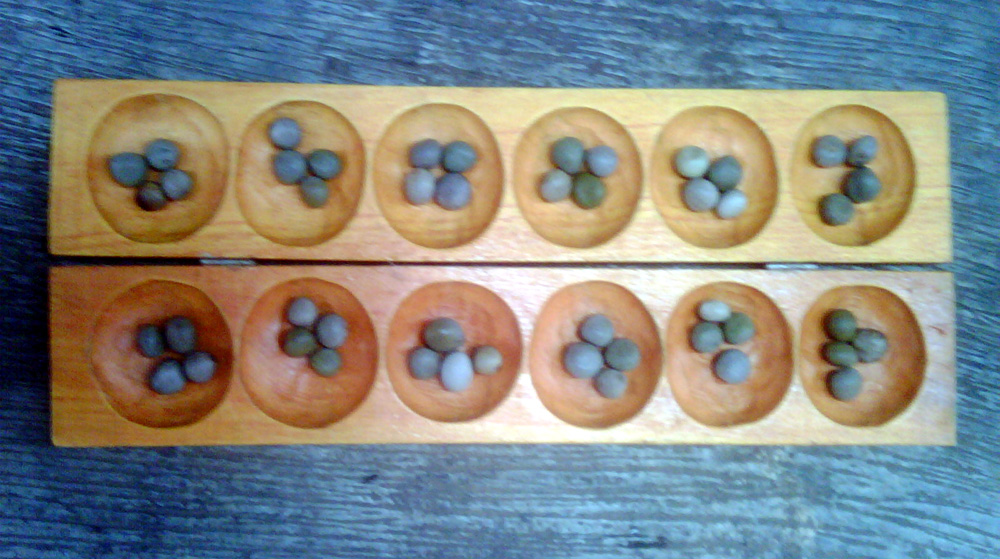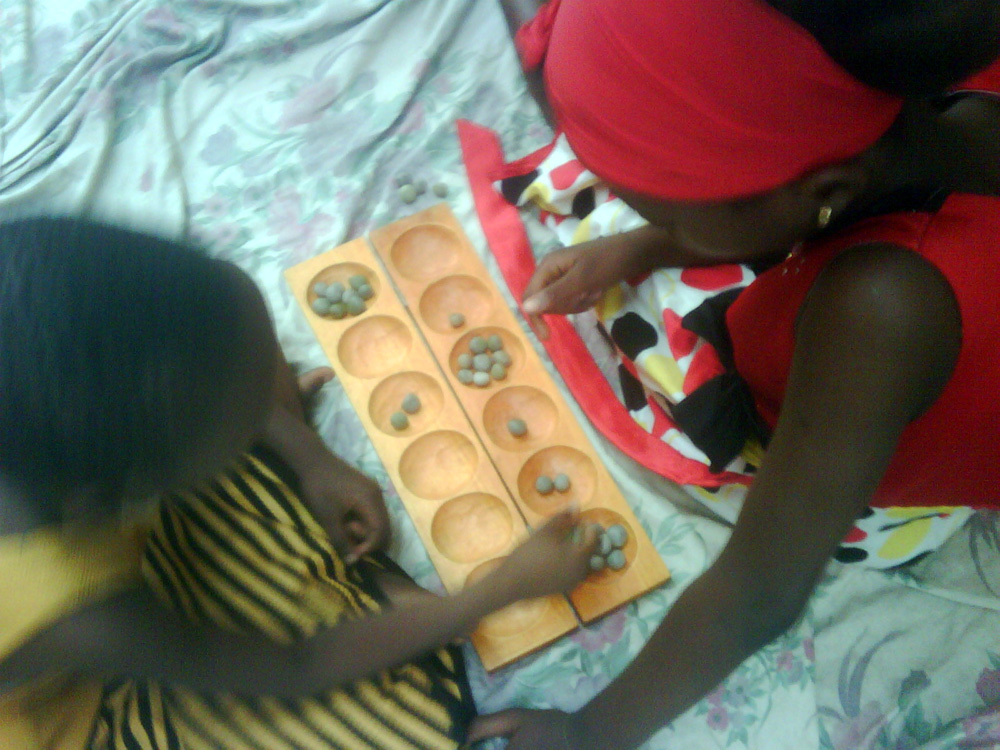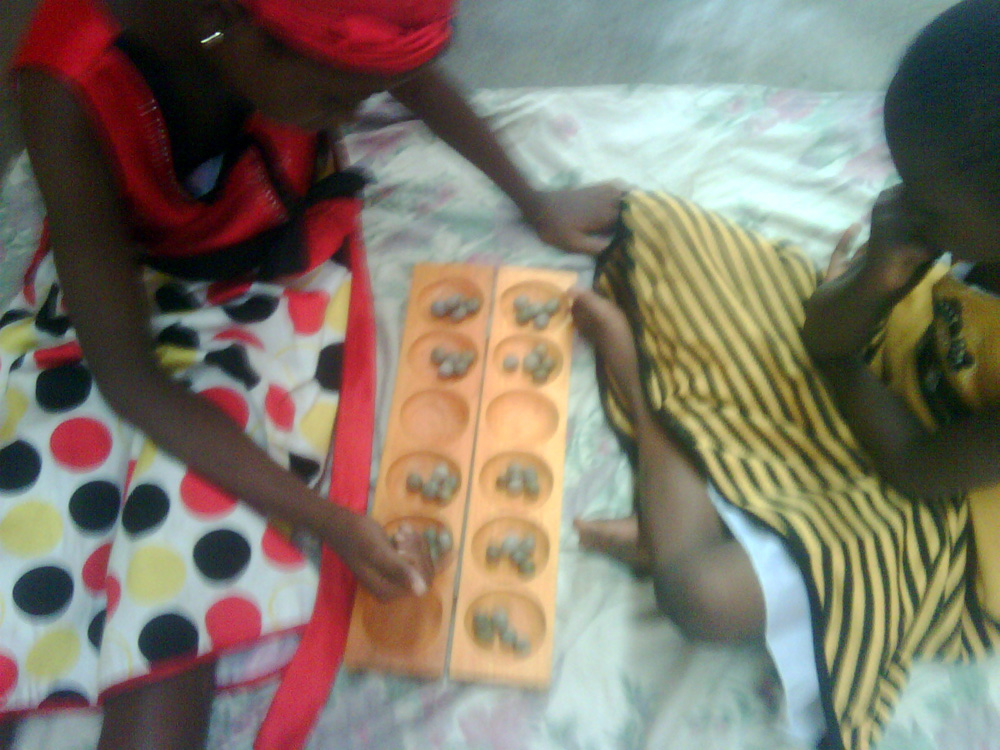It’s strange, and sad – but true: Too many modern day Nigerians readily favour foreign cultures and traditions over theirs. Quite often they regard what is theirs as inferior to what obtains in developed societies.
NB: I happen to be a full blooded 45 year old Nigerian – born and raised in Nigeria. So I state the above based on VERY personal observation and experience, spanning over 3 decades.
Now, unlike us, the Asians have for decades often done the exact opposite.
For instance, people from across the world have embraced various versions of Martial Arts as taught in different parts of Asia, and readily adopt even the Asian language of the society in which they learn.
Same applies to Asian foods, traditional attire and alternative medical remedies and practices e.g. Acupuncture etc.
Here’s another thing: No matter where a Chinese national immigrates, anywhere in the world, it is VERY unlikely that s/he will go looking for paid employment
Instead what they are notorious for doing is STARTING their own businesses, no matter how small e.g. a noodles shop.
In contrast, the average Nigerian that immigrates to another country (especially Europe/America) is more likely to go in search of secure paid employment, and if successful, will try hard to hold on to it for as long as possible.
Having said the above, there are always exceptions to this trend – as it is with everything in life.
In the case of Nigerians, those of the Igbo stock are renowned for their trade and commerce acumen. Especially when they travel to other African countries. They have proven themselves to be especially gifted at establishing thriving buying and selling micro to small businesses.
One could argue that they act this way because most times those who follow this path lack the qualifications to seek and win well paying jobs. But that’s a subject for a separate discussion.
But back to the point I was trying to make about the Nigerian tendency to place more value on what is foreign over what comes uniquely from his/her society…
A person who is uninitiated could be tempted to think Nigeria/Nigerians act as described above, because they do NOT have anything original or unique to show off to the admiration of people from other nations.
I say this with regard to the way a South African, for instance, would give branded gifts from his/her country to a Nigerian, or American, regaling him/her with some historical anecdote relating to the item.
The recipient would excitedly show off the item to loved ones back home, and proudly recount the anecdote told to him/her by the South African. This happens all the time. We all love to own stuff that’s considered special, rare, unusual, unique, treasured etc.
The truth is however that Nigeria/Nigerians do have A LOT in our culture and tradition that can be proudly shown off to foreigners.
And those that visit us SAY SO all the time. I know because I interact with them.
The problem I see is that in today’s Nigeria, too many of us do NOT even know enough of anything about our cultures and traditions.
We have all sorts of wonderful arts and crafts that have beautiful histories behind their emergence. Those engaged in producing the Adire in Ogun state’s Abeokuta for instance have interesting tales to tell about how they have evolved, how they are made, what they are used for, who buys them etc.
A similar situation exists across the country.
But you’re unlikely to find many schooled Nigerians talking about them (if they know about them that is) as excitedly as they talk about the various famed Italian designer brand name clothes and shoes for instance.
Many of our modern artists know more about Western art sculptures than they do about our renowned Benin Bronze carvings.
When they visit us here, we try to impress them by showing off what often tend to be inferior versions of what we bought or copied FROM THEIR societies…rather than show them what we have here they are unlikely to find back home!!
Even in our preference for music, this problem shows up. The lyrics of our songs reflect little or nothing of our African heritage. Instead we continue to ape (often unsuccessfully) the originators from Europe and America.
Only artistes like Beautiful Nubia, Lagbaja, Asa etc offer us anything qualitative on the music plane, based on our original culture and heritage.
Now, just in case you find my comparison of this Nigerian tendency with that of Asians and South Africans too far fetched…
Let me inform you that just next door to us, in Benin Republic, I’ve found from 3 years of living amongst the locals, a FIERCE and unpretentious demonstration of LOVE for their culture and traditions.
This includes both youths and adults of both genders, regardless of educational level and perceived social status.
Based on 3 months I spent on the national university campus in 2013, I believe this love of their culture and traditions is instilled in them from very early in life.
The people of Benin Republic are exposed – like us – to Western culture and traditions through the powerful and pervasive influence Western media and the web, BUT they have refused to let it erode the fabric of their own unique cultural heritage.
I know this because I have seen it play itself out again and again. The youths in Cotonou (the economic capital) are often quite familiar with local songs, practices and dances. And they never betray any embarrassment in revealing that they are.
In fact, it comes naturally to them, and they often want to get you to LEARN their local language over French, their official language.
In Nigeria, the opposite tends to be the case. Not many Nigerians can speak their local languages proficiently. Even adults. But most of us pride ourselves on our perceived mastery of the English language!
Same applies to our demonstrated love for, and knowledge about sporting events and games.
The level of awareness about, and interest in our local games, and sports is very low. We perceive them not to be as refined as those from the white man’s land. So, most of us settle for the latter.
In case you’re wondering, here’s the point I want to make with ALL I’ve said above…
I have long resolved to NEVER be guilty of treating or regarding my culture and traditions as inferior to any other persons’, no matter who they are or what they do. That’s why I embarked on a journey of learning and discovery regarding exploring my Yoruba culture, tradition and ancestry.
In addition, since my wife is Igbo, I am also working on ways to learn useful aspects of her people’s way of life as well.
But it’s not just for myself I do this…
Using what I’m learning, I am progressively exposing my kids to the beneficial parts, so they can arrive adulthood with a more rounded view of who they are, and be proud to show up to others that way, instead of trying to be like them!
Here are 2 recent examples of practical steps I’ve taken to implement my plans:
1. My 10 Storyfied Yoruba Proverbs Audio Book – which I created in collaboration with my kids. Click here to watch/listen to them recite proverbs in a preview version of the Audio Book on Youtube.
2. Below are photos showing my 2 daughters playing the ancient board game of Ayo (click here to learn more about the game – how to play it etc)
Ayo is played in societies across West Africa, bearing different names in each location.
The Yorubas call it Ayo. Other names given it are described in the article on this linked page (click).
I bought it on my way to the Seme border last week, and came home thinking I would be the one to teach my kids how to play it.
As it turned out, they already knew how to play it – having been taught by their mother. Within minutes of snatching it from me on the night I arrived, they were “playing away”!
Which brings me to a BIG confession I need to make:
Do you know the irony of this whole Ayo training that I had planned for them? It’s that I did NOT know how to play the game myself, and had NEVER once played it, in my entire life!
My plan had been to use the instructions I found via Google on a web page, about playing the game, to teach them. Instead I found myself listening to them TELL/SHOW me how to play it.
NB: Having said that, the little reading I’ve done tells me it’s meant to be a game of strategy. For now they play it rather mechanically, without putting much thought to it. So I’ll be taking out time to read up more of the fine details of how to play it, and then join them to see how we can make it more interesting.
I’m now confident my kids can play this traditional game: So if/when they have friends visiting from Europe or America, rather than playing a game of Chess or Ludo with them, they may choose to teach their friends to play AYO, so the latter can return home bragging about a new game they learnt.
Incidentally, the Ayo board is made of hand crafted wood, and one can get specially decorated versions suitable for use as gifts to such friends.
In our case, it so happens that we have long time family friends from Sheffield, visiting Nigeria for 2 weeks.
So, I and the kids have agreed that we’ll be presenting them an AYO board game as a gift, to take back with them. Every time they play it back home, we hope they’ll be reminded of their trip, and probably also teach their friends and relatives something new and interesting!
RELATED RESOURCES
1. Video showing Ayo being played
2. Ayo – Android Apps on Google Play
https://play.google.com/store/apps/details?id=com.topsoft.ayofree&hl=en
3. Yoruba Games | Yoruba Cultural Institute
http://yorubaculturalinstitute.org/main/yoruba–games/
4. “Ayo olopon” games from south-western Nigeria in the twenty-first century












Warning: count(): Parameter must be an array or an object that implements Countable in /home1/tayoswdg/public_html/sdnuggets/wp-includes/class-wp-comment-query.php on line 399